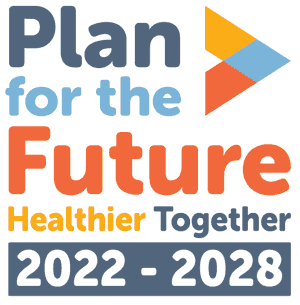We want to create a prosperous and flourishing society, where we each have the opportunity to enjoy the best possible health and quality of life. We need to invest now to make that a reality. Spending money in this way will:
- Reduced the number of new health problems
- Stop existing health problems from getting worse
- Reduced the impacts of chronic disease
Investing in Prevention Means Broader Socio-Economic Impacts
We need to challenge the perception that public health measures incur upfront costs and only provide benefits at a later date. Introducing interventions on a greater scale will reduce development costs through economies of scale and demonstrate a more sustainable use of resources of the public sector.
Being proactive, preventing ill health and intervening early were key themes identified in our focus groups. Community resources help to keep people connected socially which is good for physical and mental health.
Evidence-based prevention is cheaper and has better outcomes than clinical care, for example stopping smoking, keeping active and eating healthily.
|
|
 |
Much of the Cost of Healthcare Comes Towards the End of Life
Higher health costs are associated with the final 3 years of life, rather than age in itself. Evidence suggests introducing early interventions in mid-life can see the period and cost of ill health delayed until the very end of life.
Links



